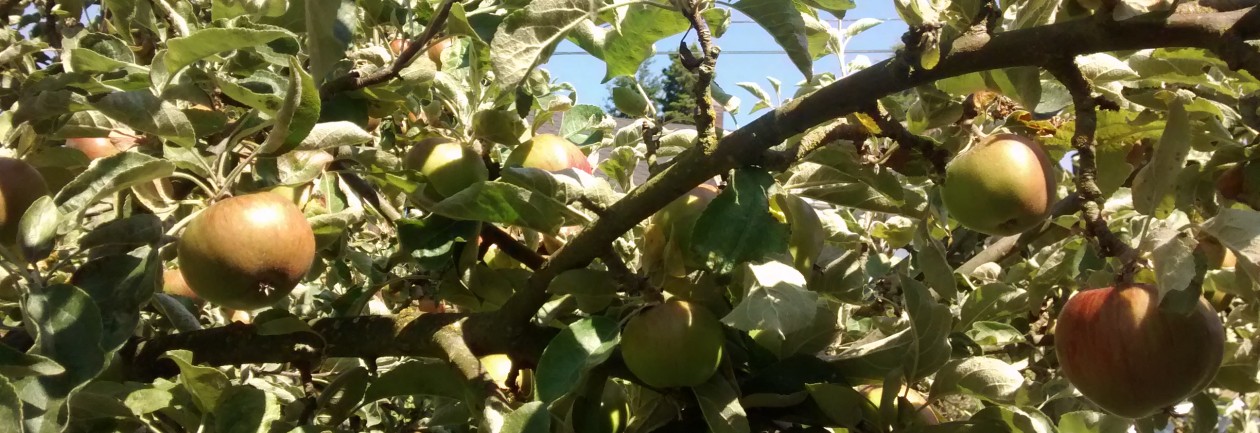Summer is here and the burning time is upon us, as our air here in Seattle becomes thickened with smoke from the incineration of the Northwest’s forests.
Liturgically speaking, we are in the “three weeks” leading up to the Ninth of Av or Tisha B’Av. This period is a time of psychological preparation for the dramatic mourning associated with the memory of the trauma of losing the Holy Temple in Jerusalem. In its day, the Holy Temple was experienced as the physical locus of connection to the divine. Practically, it was the site of virtually all (but not all) of the important ritual behaviors involved with maintaining our relationship with G-d.
I believe that we are standing on the brink of a rupture every bit as profound for the world as the loss of the Holy Temple was for the Jews, and that is the climate crisis. The Earth is manifestly a source of connection, a locus of relationship, with the divine forces which give us life and sustain us; and by us, I mean every person, and also every living being. The course that forced atmospheric warming would take has been foretold by scientists for decades. Now we are watching the details of the prophesy unfold; changes which began slowly, almost imperceptibly, now roll downhill with gathering speed and momentum. People born after 1985 have never experienced a year with lower than average global temperatures.
In the Talmud, the loss of the second Temple was not attributed to the aggression of the Romans, but to “senseless hatred” among the Jews themselves. The Romans are given no agency; the problem was understood to be in ourselves. I think that we can argue about where the fault for the climate crisis lies; likely the truth is complicated. I am unwilling to let the fossil fuel giants off the hook for the stumbling blocks they that they placed, and continue to place, before the blind. Also, I drive a minivan that gets about 16 miles per gallon, and will be flying across the country in an airplane this summer with my family.
I feel the need to sit with my feelings about the possibility of losing Earth in the form that all my human ancestors experienced it in my generation. I sense that these feelings are deeply connected to the experience of losing the Holy Temple. Future generations may well mourn by candlelight in the dark the events taking place today.
But something new was created out of the Judaism of yore. The religion was re-imagined, and miraculously has survived; the Temple itself survives in the liturgy and rituals; the connection to the Holy One, Blessed be the Name, was rebuilt.
Knowing what is coming for us, how can we, in our generation, turn the rupture and dislocation of today into a seed for those who will come after us, who will want and need to learn from our experiences to create something new? How can we draw on our sacred practices, our wisdom, and indeed the very lessons we are learning right now about the aching complexity of being human, of living together in society, to offer our gift to the future? What would you say to the people who will inherit the Earth of 100 years from today, 1000 yrs from today, 5000? How would you say it?
I would welcome your response in the comments.
